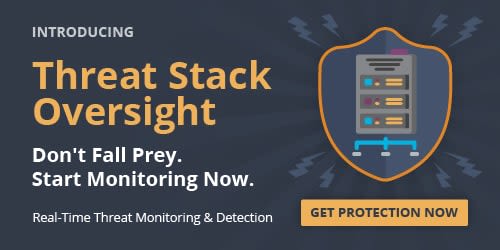What is a VPN Tunnel?
VPN Tunnel Meaning
The terms VPN or VPN Tunnel are tossed around all over the internet these days, but what are they really?
Encryption?
Connectivity?
A method to hide online activity?
In this article, we review what a VPN tunnel is, and discuss some specifics of this familiar but often misunderstood technology.
I’ve heard of a VPN, but what does it do?
A Virtual Private Network is a means to connect to a local, private network from a remote location. Think about it like this: Let's say you’re off on some grand adventure in some romantic spot in some amazing city. However, before you left for your grand adventure, you were working on an epic meme that you just HAD to share with the internet, but you left it on your computer at the office. If you were at the office, you could easily connect to your computer but alas, you’re not. With VPN technology, you would be able to connect to that computer or any other office resource, like a printer, database or storage server. You would be virtually connected to your private network.
Interesting… So, how does it work?
There’s a bunch of high-level, technical mumbo jumbo we could throw around but in its simplest form: there are two ends, a server and a client. When configured and connected, these ends form what’s called a “tunnel”. Once this happens, you are a connected workstation. Regardless of where you are in the world, this connection sends traffic over the tunnel and makes it look like you’re connected locally to the network. You can now connect to that printer or get your super important meme off your workstation.
From anywhere? Is that safe?
Yes, you can literally connect from anywhere you have an internet connection. As long as you’re configured and connected, you can pull up a VPN tunnel. And yes, it’s very safe! The tunnel itself is completely encrypted as is all the data that travels across it, end-to-end. Two layers of encryption for the price of one! In fact, Liquid Web’s Security Team and many other big players across the web, like pcmag.com and Forbes, suggest utilizing a VPN for privacy and security; especially when connecting to potentially sensitive resources, like databases. There’s even a way to set up your network so databases are only accessible via a VPN connection, completely hiding their access from the public and adding an extra layer of security.
Sounds awesome! Do I need anything special?
You do! Liquid Web’s Managed VPN Service requires a hardware implementation. That means a hardware firewall and hardware servers. Once configured, you’ll also need a piece of client software. A popular Windows client is Shrew Soft, an open-source and free client. Macs can use their native client and Linux can use VPNC. Once you’re set up, our Heroic Support team can even help you configure them so you can be connecting securely in no time.
So! Are you ready? Our Solutions techs are here 24/7 and happy to answer any questions you may have.

Related Articles:

About the Author: Jerry Vasquez
A self-professed pirate captain with two decades of leadership experience, Jerry has led teams from 60+ cooks and chefs to 16 networking engineers. He brings those years of experience to his current role as Product Manager at Liquid Web, focusing on networking and security products. When not working or sleeping, Jerry can usually be found eating and having a good conversation with good people.
Our Sales and Support teams are available 24 hours by phone or e-mail to assist.
Latest Articles
Change cPanel password from WebHost Manager (WHM)
Read ArticleChange cPanel password from WebHost Manager (WHM)
Read ArticleChange cPanel password from WebHost Manager (WHM)
Read ArticleChange cPanel password from WebHost Manager (WHM)
Read ArticleChange the root password in WebHost Manager (WHM)
Read Article


